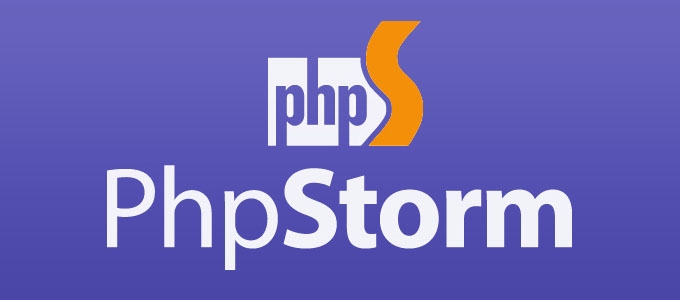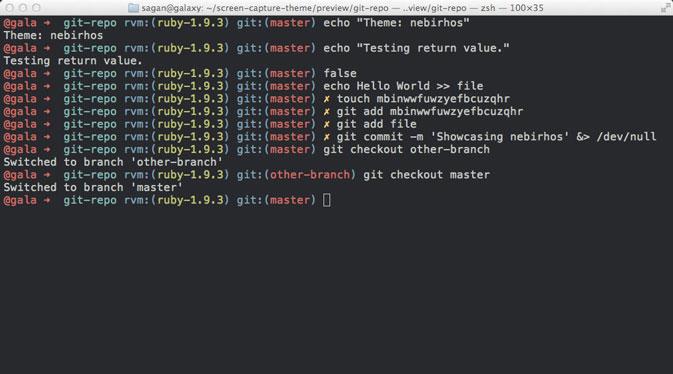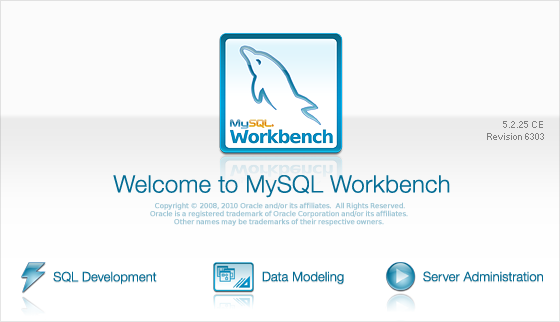
When developing websites and applications, it's essential to prioritize comfort, productivity, and scalability in our code and setups. In this summary, we'll explore key local and online tools that are essential for web application development.

IDE: PHPStorm
PHPStorm is an IDE focused on enhancing PHP server-side application development. It offers numerous plugins that assist with code completion, syntax correction, debugging, and code standardization, all of which contribute to the scalability of your application. You can download PHPStorm for a 30-day trial from the JetBrains website.

Terminal: OhMyZSH
ZSH is a command interpreter that significantly improves the terminal experience with 100% customization and a vast collection of plugins available in the free software community. The customization and configuration of ZSH can be achieved by installing the OhMyZSH framework.
Here are some advantages of ZSH over other terminals, according to its official website:
- Efficiency.
- Enhanced tab completion.
- Improved file name expansion.
- Better array handling.
- Fully customizable.
To install ZSH and configure OhMyZSH on Ubuntu 12.04 or later:
Install ZSH:
sudo apt-get update && sudo apt-get install zshConfigure OhMyZSH:
wget –no-check-certificate https://github.com/robbyrussell/oh-my-zsh/raw/master/tools/install.sh -O – | shMake ZSH your default terminal:
chsh -s /bin/zsh- Reboot your system.
For more information, visit the official OhMyZSH website.

MySQL Client: Workbench
The official MySQL client, Workbench, is one of the most comprehensive tools for managing databases, whether remote or local. It allows you to design, model, and generate databases visually and provides a command console to manage databases efficiently.
To download Workbench, you can visit the official site. For Ubuntu 12 and later, you can install it with:
sudo apt-get install mysql-workbench
Debugging: Xdebug
Xdebug is a PHP extension that enables debugging and profiling of applications. It uses the DBGp protocol, allowing seamless integration with IDEs like PhpStorm for real-time debugging.
To install Xdebug on Ubuntu 12.04 or later:
sudo apt-get install php5-xdebug
Then, edit the php.ini file in your PHP installation, located at /etc/php5/apache2/php.ini, and add the following lines at the end of the file:
# Added for xdebug zend_extension="/usr/lib/php5/20121212/xdebug.so" xdebug.remote_enable=1 xdebug.remote_handler=dbgp xdebug.remote_mode=req xdebug.remote_host=127.0.0.1 xdebug.remote_port=9000 xdebug.max_nesting_level=300
Finally, restart Apache:
sudo service apache2 restart
Conclusion
With these tools, you can establish an ideal working environment on your computer for developing web applications that meet quality standards and ensure scalability. This setup will enable you to focus on building application functionality quickly and effectively.
We recommend you this video

